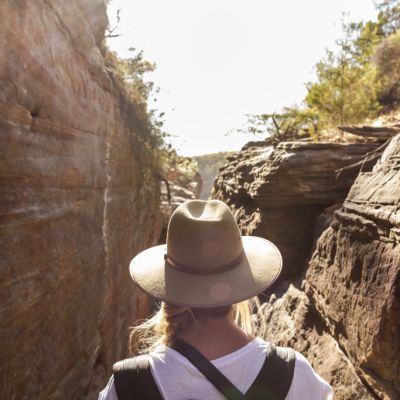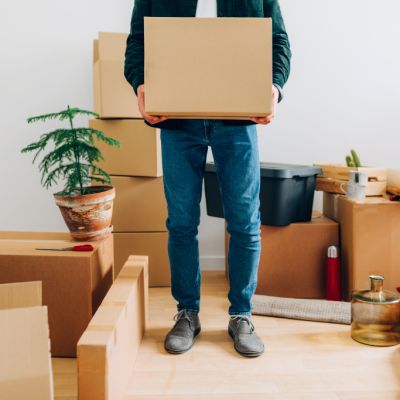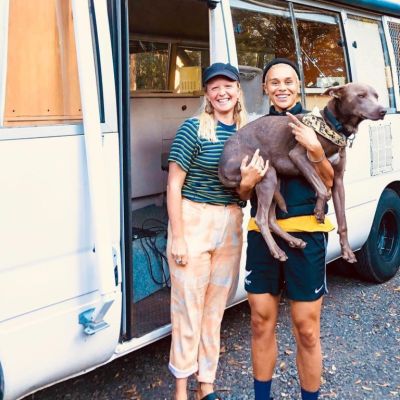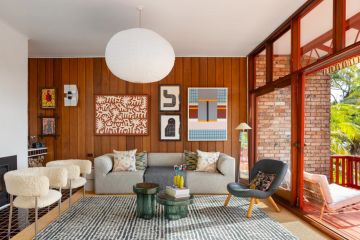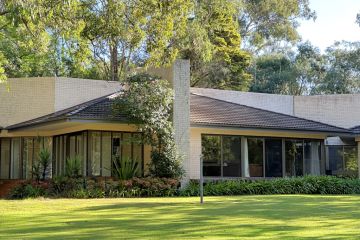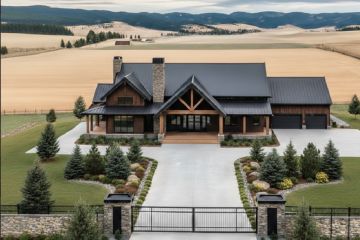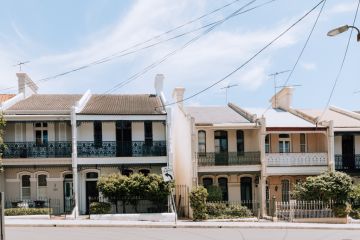How I really did it: The high school sweethearts who lived at home to save for a house
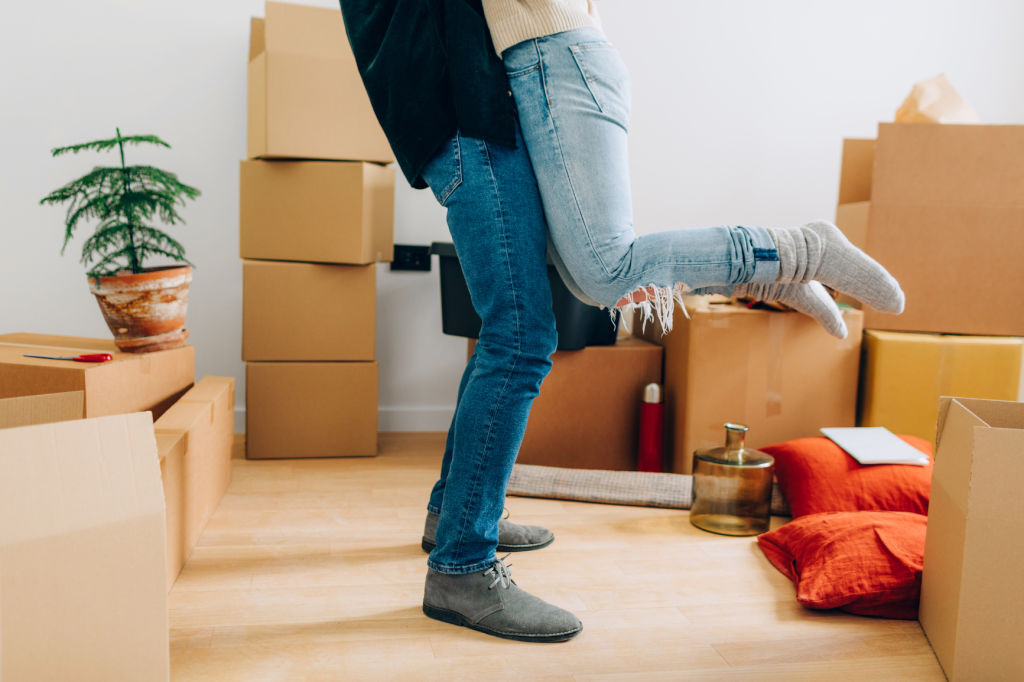
Almost two-thirds of Australians are homeowners, but very rarely do we hear specific details around how people afford to buy property.
In this column, we speak to recent first-home buyers to learn what was really involved in their first property purchase.
From those who saved for 10 years to afford a regional property on a single income, to the couples who inherited the money to buy a $1.5 million inner-city home, this column will share the real stories behind the “sold” stickers on Instagram, to provide a clearer snapshot of Australia’s newest home-owners.
Spoiler alert: to buy property in some of the most expensive housing markets in the world, there’s often more than just a good savings plan involved.
Jamie and Chloe
- Ages when first property purchased: 28 and 29
- Property location: Greensborough, Victoria
- Occupations and annual salaries: Photographer, $80,000; and landscape project manager, $87,500
- Property price: $606,000 in 2020
Chloe and Jamie had been in a relationship for about 10 years when they began saving for a property together in 2017.
The couple were fortunate to already be living with Chloe’s parents in a separate granny flat, for which they paid about $50 a week. Given the considerable amount they were saving on rent, they realised buying a standalone property was a reasonable goal. They chose to save for a deposit over several years to avoid making any major lifestyle changes.
“It was just about saving as much as possible, without completely sacrificing our lives,” says Jamie. “We wanted to save enough to give ourselves options … we didn’t want to settle for something we didn’t want.”
Chloe adds, “We were fairly flexible, so we weren’t saying, ‘We want a house by 2020.’ It was more, ‘We’ll start saving now, and we’ll just keep assessing each year.’”
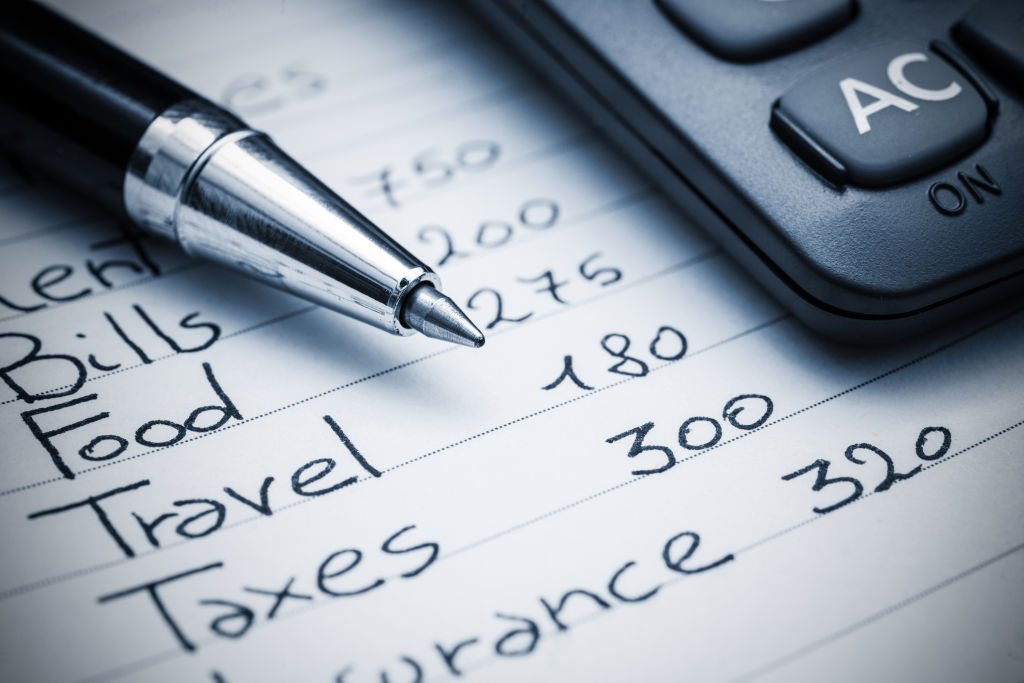
After tracking their existing expenses on a spreadsheet, Chloe and Jamie determined they could save 25 per cent of their joint income for a house deposit. These savings would be automatically transferred into a designated bank account each month, along with set amounts for bills and an overseas holiday in other accounts.
After the couple had lived with Chloe’s parents in Melbourne’s outer north-east for about two years, Jamie’s grandmother moved into a nursing home, and they were invited to live in her Essendon home rent-free in early 2019.
Chloe and Jamie got engaged and became pregnant with their first child around the same time Jamie’s grandmother passed away in late 2019, so when the family decided to sell the grandmother’s property, the couple started seriously looking for a house of their own.
“I thought, if we don’t buy now and go down the renting path instead, my headspace won’t be on buying a house, it will be on being a mum,” Chloe says. “Renting probably would have pushed back buying a year or two, so I’m glad we did it when we did it.”
Chloe and Jamie’s property budget was $650,000, and they were looking for a three-bedroom house in Melbourne’s north-eastern suburbs.
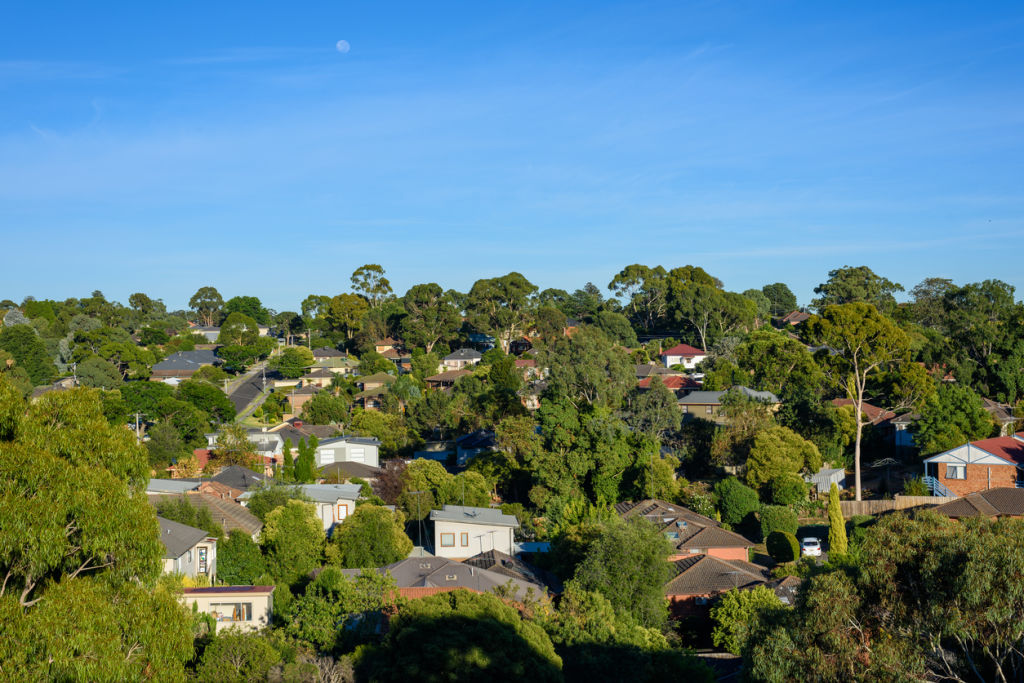
The pandemic had just hit when they began searching. While they recall plenty of houses being on the market at the time, competition in Chloe and Jamie’s price bracket was strong due to Victoria’s first-home buyer duty concession available on property purchases under $750,000.
After missing out on one house, they saw a recently renovated 1970s townhouse in Greensborough advertised for $530,000 to $580,000. They inspected the property twice and decided they really wanted it, so they put in an offer of $585,000.
Unfortunately, this offer was rejected due to popular demand, and the property was re-advertised the next day for $600,000 to $630,000.
“Our initial budget was $650,000, so we said, ‘Let’s go again,’” Chloe says. “We still felt like we were getting a good deal at that price.”
Chloe and Jamie put in a new offer of $607,500 subject to building inspection and finance, which was instantly accepted. The eventual building inspection showed a few small issues, leading to a final negotiated price of $606,000.
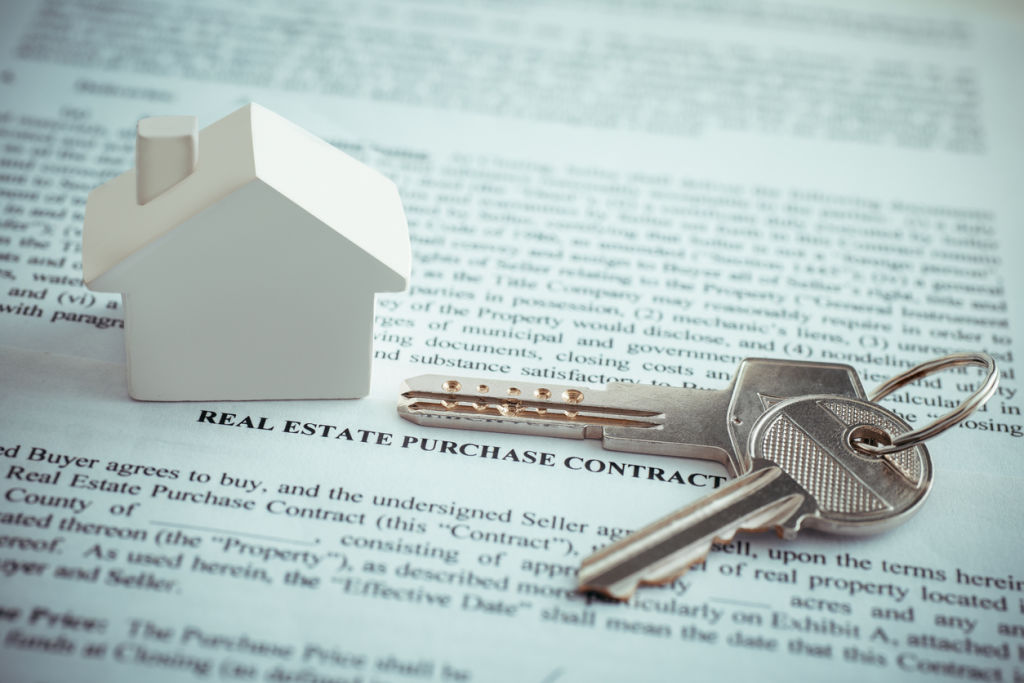
The couple moved into their home in May 2020 and welcomed their son three months later. They’ve since continued saving 25 per cent of their income to cover the mortgage, and are currently in the process of landscaping their front yard.
Chloe and Jamie’s advice to keen first-home buyers is to save over several years if possible (to avoid major lifestyle sacrifices), and to make any property offers subject to building inspection and finance.
“The real estate agent tried to encourage us not to put those terms in because he said the offer would more likely be accepted without them,’” Chloe says. “Even though I knew we had finance pre-approval, if for some reason our finance fell through, or the house was riddled with termites, I wanted those terms included.”
Chloe and Jamie also recommend not speculating about the property market too much.
“So many people told us to wait until after COVID to buy because there were going to be so many houses and the market would drop, but I’m very glad we didn’t,” Chloe says. “It’s so competitive right now, everything is going for way over [reserve] … I feel like we could put our house on the market right now and easily get $100,000 more than what we paid for it.”
If you are a recent first home buyer keen to share your first home buying experience in this column, please email amelia.barnes@domain.com.au
Editor’s note: We’ve withheld the interviewees’ surnames for privacy reasons.
We recommend
We thought you might like
States
Capital Cities
Capital Cities - Rentals
Popular Areas
Allhomes
More
